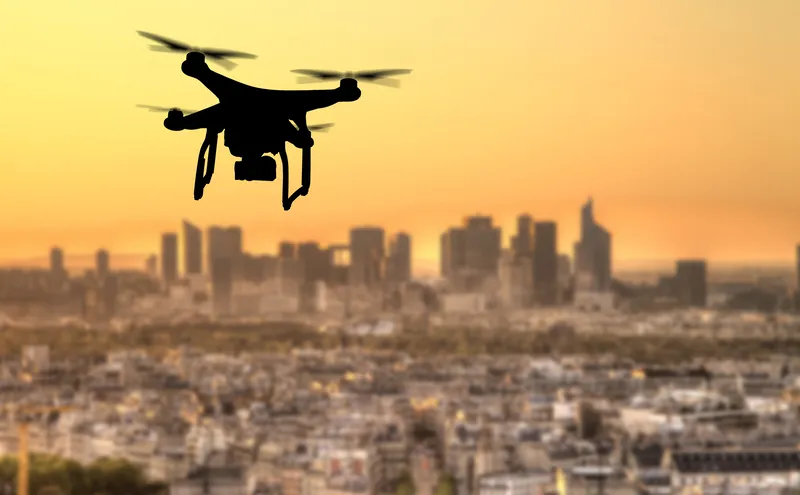
Unifly, a Belgian global provider of drone traffic management, has acquired EuroUSC Italia.
Established in 2014 as a joint venture between Deep Blue and Filippo Tomasello, EuroUSC Italia was created to provide drone regulation and safety. The company provides tailored consultancy and training services for the drone industry, specialising in risk assessment, certification and regulatory compliance. Its client base includes national authorities, major corporations and defence institutions.
Unifly said EuroUSC Italia will adopt a broader, more strategic approach to unmanned aircraft systems (UAS) technologies by offering increasingly comprehensive, integrated and updated solutions. While this move represents a step towards expansion into new markets, EuroUSC’s operational structure will remain stable and continue its operations in Italy with headquarters in Rome.
Unifly said that together, two companies will create “a powerful and comprehensive consultancy offering to drive real value and success for the AAM [advanced air mobility] sector”.
“Our vision is to enable autonomous drones and air taxis to safely coexist in the airspace,” said Marco Ducci, CEO of EuroUSC Italia. “Joining Unifly allows us to scale our impact while staying true to our values of impartiality and trust.”
Unifly technology enhances situational awareness for drone operators, air navigation service providers, enterprises and critical infrastructure operators to ensure the safe and efficient integration of drones into shared airspace.
“This is not just an acquisition,” said Andres Van Swalm, CEO of Unifly. “It’s an investment in the drone ecosystem. Together we’re accelerating autonomous aviation.”






